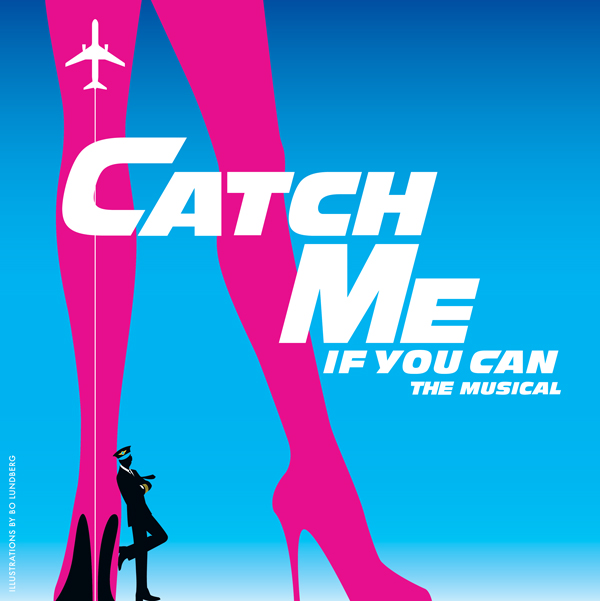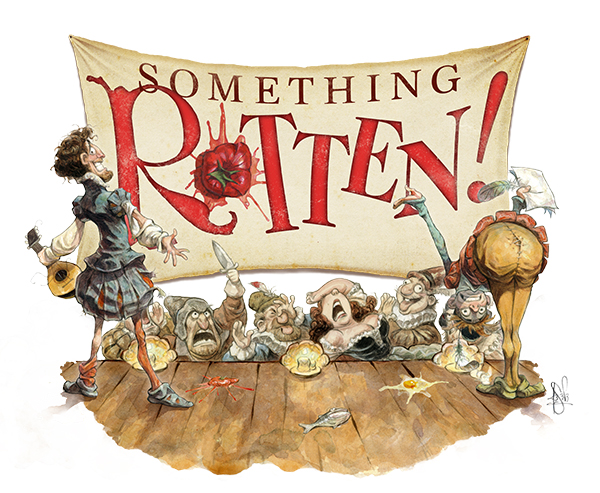1776
Music and Lyrics by Sherman Edwards
Book by Peter Stone
Based on a Concept by Sherman Edwards
Original Production Directed by Peter Hunt
Originally Produced on the Broadway Stage by Stuart Ostrow
source: MTI
Performances at
Elm Street Junior High
April 14-16, 1978
On-Line program is here! Please support our sponsors !
Acknowledgments
Garrett Players
Nashua Auto Co., Inc.
Hampshire Music
Street Car Players
The Anselmian Summer Theater
Church of the Good Shepherd
Peerless Electrical Distributors
Machinist’s in Manchester
New Hampshire Consistory 32nd Degree
Historical Notes
The first question we are asked by those who have seen - or read - 1776 is
invariably: “Is it true? Did it really happen that way?”
The answer is yes.
Certainly a few changes have been made in order to fulfill basic dramatic tenets. To quote a European dramatist, “God writes lousy theater.”
However, let us list those elements of our play that have been taken, unchanged and unadorned, from documented fact.
The weather in Philadelphia that late spring and early summer of 1776 was
unusually hot and humid, resulting in a bumper crop of horseflies incubated in the
stable next door to the State House (now Independence Hall).
John Adams was indeed “obnoxious and disliked” - the description is his own.
Benjamin Franklin, the oldest member of the Congress, suffered from gout in his later years and often “drowsed” in public.
Thomas Jefferson, the junior member of the Virginia delegation, was entrusted with the daily weather report.
Rhode Island’s Stephen Hopkins, known to his colleagues as “Old Grape and Guts” because of his fondness for distilled refreshment, always wore his round black, wide-brimmed Quaker’s hat in the chamber.
Portly Samuel Chase, the gourmand from Maryland (pronounced Mary-land in those times), was referred to (behind his back, of course) as “Bacon-Face.”
Connecticut’s Roger Sherman always sat apart from his fellow Congressmen, sipping coffee from a saucer-like bowl.
Caesar Rodney of Delaware, suffering from skin cancer, never appeared in public without a green scarf wrapped around his face.
George Washington’s dispatches arrived on an average of three a day, and almost all of them were “gloomy” to the point of despair.
Edward Rutledge of South Carolina, the youngest member of Congress, was the leading proponent of individual rights for individual states.
Adams knew he would not receive his proper due from posterity. He wrote that “the whole history of this Revolution will be a lie, from beginning to end.” And, equally, he knew that Franklin was the stuff of which national legends are built. They would certify that “Franklin did this, Franklin did that, Franklin did some other damned thing… Franklin smote the ground and out sprang George Washington, fully-grown and on his horse… Franklin then electrified him with his miraculous lightening rod and the three of them - Franklin, Washington and the horse - conducted the entire Revolution by themselves.”
The Declaration of Independence was debated by the Congress for three full days. It underwent eighty-six separate changes.
Jefferson, though a slaveholder himself, declared that “nothing is more certainly written in the Book of Fate than that this people shall be free.” And further: “The rights of human nature are deeply wounded by this infamous practice.”
The deadlock existing within the Delaware delegation was broken by mortally ill Caesar Rodney, who, in great pain, had ridden all night from Dover, a distance of some eighty miles, arriving just in time to save the motion on independence from being defeated.
When the motion on independence had passed, John Dickinson of Pennsylvania, the leader of the anti-independence forces, refused to sign the Declaration, a document he felt he could not endorse. But asserting a fidelity to America, he left the Congress to enlist in the Continental Army as a private - though he was entitled to a commission - and served courageously with the Delaware Militia.
The conversion of James Wilson of Pennsylvania from the “Nay” to the “Yea” column at the last minute is an event without any surviving explanation. All that is definitely known is that Wilson, a former law student of Dickinson’s and certainly under his influence in Congress as his previous voting record testifies, suddenly changed his position on independence and, as a result, is generally credited with casting the vote that decided this issue. But why? A logical solution to this mystery was found when we imagined one fear he might have possessed that would have been stronger than his fear of Dickinson’s wrath - the fear of going down in history as the man who singlehandedly prevented American independence. Such a position would have been totally consistent with his well-known penchant for caution.
The exchanges, spoken and sung, between John and Abigail Adams are the result of distributing, as dialogue, sections and phrases from various letters. The list of their children’s diseases, the constant requests for “saltpetre for gunpowder” (and the counter-request for pins), the use of the tender salutation “Dearest Friend,” the catalogue of Abigail’s faults, the news of the farm in Braintree failing - even certain song lyrics transferred intact - all these were edited and rearranged in an attempt to establish a dramatically satisfying relationship.
This same process was used to construct George Washington’s dispatches from the field. Literally dozens were selected, from which individual lines were borrowed and then patched together in order to form the five communiques that now appear in the play.
And finally, John Adams’ extraordinary prophecy, made on July 3, 1776, describing the way Independence Day would be celebrated by future generations of Americans and written in a letter to his wife on that date has been paraphrased and adapted into lyric form for the song “Is Anybody There?” sung by Adams in Scene 7. The original lines are:
I am apt to believe that it will be celebrated by succeeding generations as the great anniversary festival. It ought to be commemorated as the day of deliverance by solemn acts of devotion to God Almighty. It ought to be solemnized with pomp and parade, with shows, games, sports, guns, bells, bonfires, and illumination, from one end of this
continent to the other, from this time forward for evermore. You will think me transported with enthusiasm, but I am not. I am well aware of the toil and blood and treasure that it will cost us to maintain this Declaration and support and defend these States. Yet, through all the gloom, I can see the rays of ravishing light and glory. I can see that the end is more than worth all the means. And that posterity will triumph in that day’s transaction, even although we should rue it, which I trust to God we shall not.
We have attempted, in the paragraphs above, to answer the question, “Is it true?” What we cannot answer, however, is how such a question could possibly be asked so often by Americans. What they want to know is whether or not the story of their political origin, the telling of their national legend, is correct as presented. Don’t they know? Haven’t they ever heard it before? And if not, why not? As we say, it’s a question we cannot answer.
The Time
May, June and July, 1776
The Place
A single setting representing the Chamber and an anteroom of the
Continental Congress, a Mall, High Street, and Thomas Jefferson’s
Room, in Philadelphia; and certain reaches of the mind of John Adams.
The Musical Numbers
Act I
Scene 1 The Chamber of the Continental Congress
Sit Down, John John Adams and the Congress
Piddle, Twiddle and Resolve John Adams
Till Then John and Abigail Adams
Scene 2 The Mall
The Lees of Old Virginia Richard Henry Lee, Benjamin Franklin and John Adams
Scene 3 The Chamber
But, Mr. Adams John Adams, Benjamin Franklin, Thomas Jefferson, Roger Sherman and Robert Livingston
Scene 4 Thomas Jefferson’s Room on High Street
Yours, Yours, Yours John and Abigail Adams
He Plays the Violin Martha Jefferson, Benjamin Franklin and John Adams
Scene 5 The Chamber
Cool, Cool Considerate Men John Dickinson, Edward Rutledge, Lyman Hall, Joseph Hewes, Robert Livingston, Lewis Morris, George Read and James Wilson
Momma, Look Sharp Courier, Andrew McNair and Leather Apron
Act II
Scene 6 A Congressional Anteroom
The Egg Benjamin Franklin, John Adams
Scene 7 The Chamber
Molasses to Rum Edward Rutledge
Compliments Abigail Adams
Is Anybody There? John Adams
"1776" is presented through special arrangement with Music Theater International, 119 West 57th Street, New York, N. Y. 10019.



